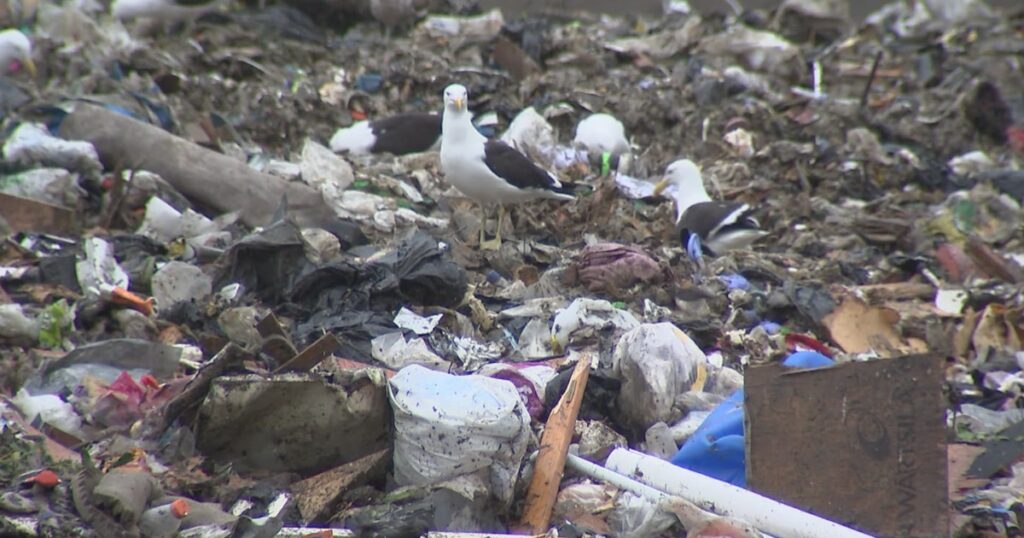According to a new study, incontinence pads now account for more trash than baby diapers and the problem is only expected to become worse as Australia’s population gets older.
According to research, adults already produce two to three times as much waste from absorbent goods than infants do.
And it could be four to 10 times as much by the end of this decade, Lead author environmental engineer Emma Thompson Brewster, from Southern Cross University, says there’s currently no large-scale solution for used incontinence products or disposable nappies.
Nearly all of them end up in landfills, where the synthetic absorbent materials, glues, and plastics they contain increase the weight of contamination on the nation.
According to Dr. Thompson Brewster, finding ways to extract value and reduce environmental impacts requires an understanding of the complicated waste stream.
It being such a challenging stream of trash is what motivated me to explore at absorbent hygiene products.
About 60% of the mass of the product is made up of urine and faeces. It contains biodegradable components, possibly some cellulose fibres or a highly absorbent polymer. It might also include waterproof layers, liners, and plastic material.
It’s a very difficult product.
Nevertheless, efforts made elsewhere are beginning to demonstrate that these products can be used in the circular economy.
Trials and research are being conducted to see how we might recover part of the fibres and nutrients by turning a fully biodegradable product into compost utilising industrial composting systems.
In the future, I hope we can work toward that. What’s going on right now is addressed in this essay.
What are our options going ahead is the next question.
According to Dr. Thompson Brewster, incontinence products are crucial medical supplies that improve people’s quality of life, and users shouldn’t feel guilty about the trash they produce.
In order to affect change, “this analysis identifies where a shift in policy and waste management processes should focus.
According to the study, which was carried out in collaboration with the University of Queensland, regulatory incentives would be necessary to spur change.
In Australia, incontinence pads cause more trash than diapers.

